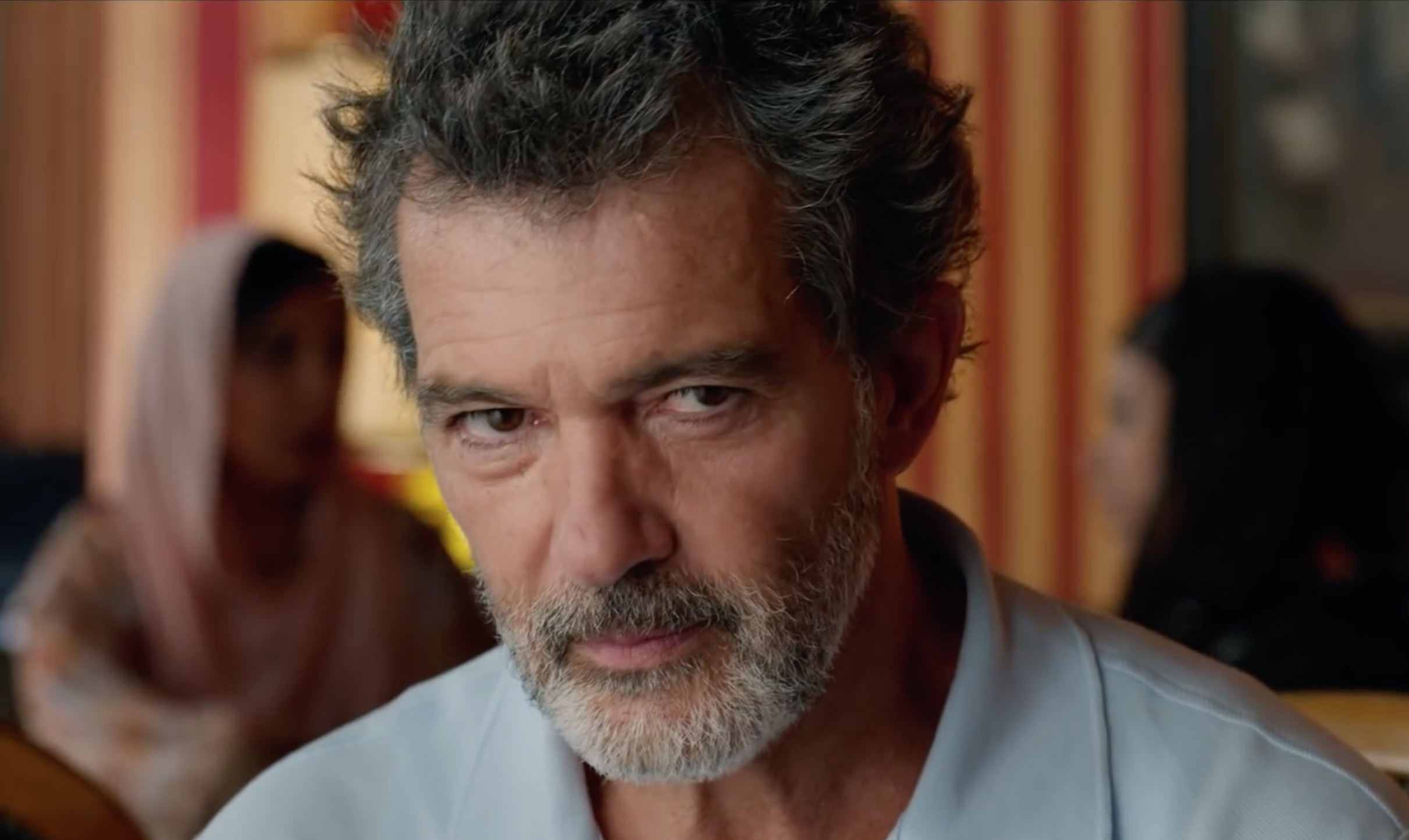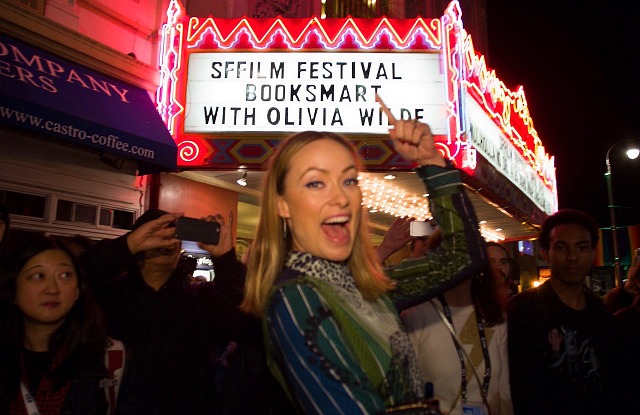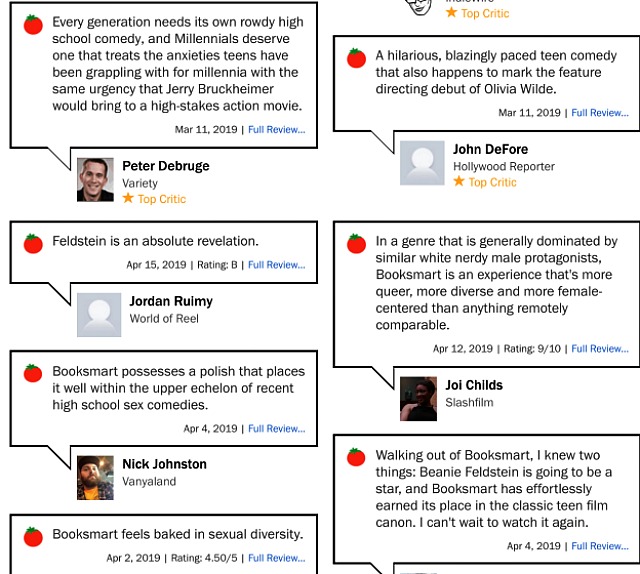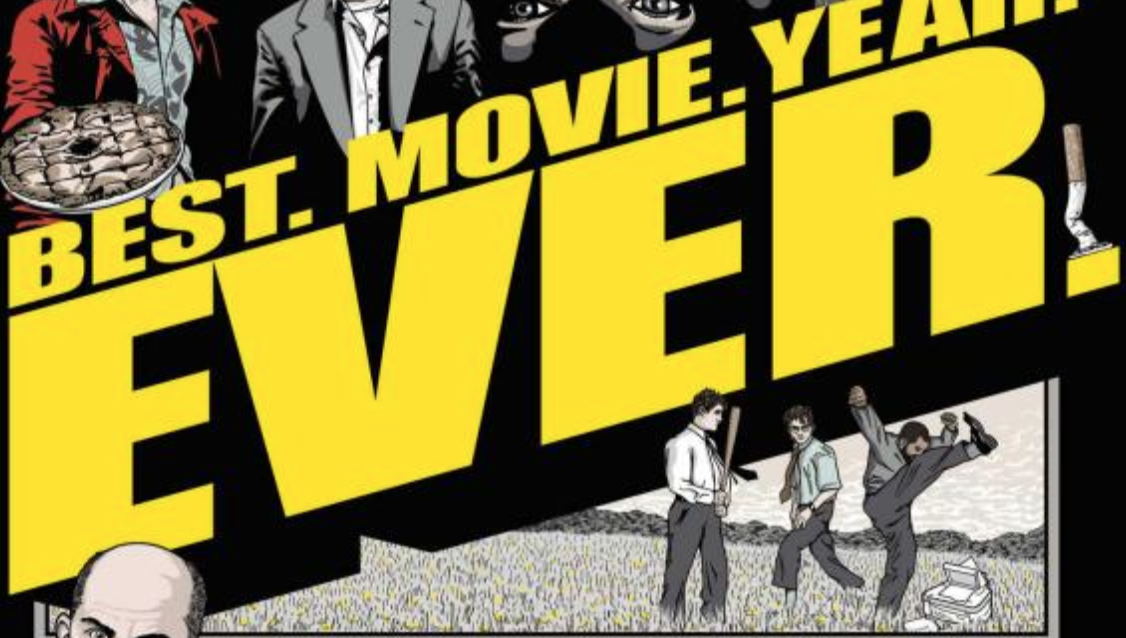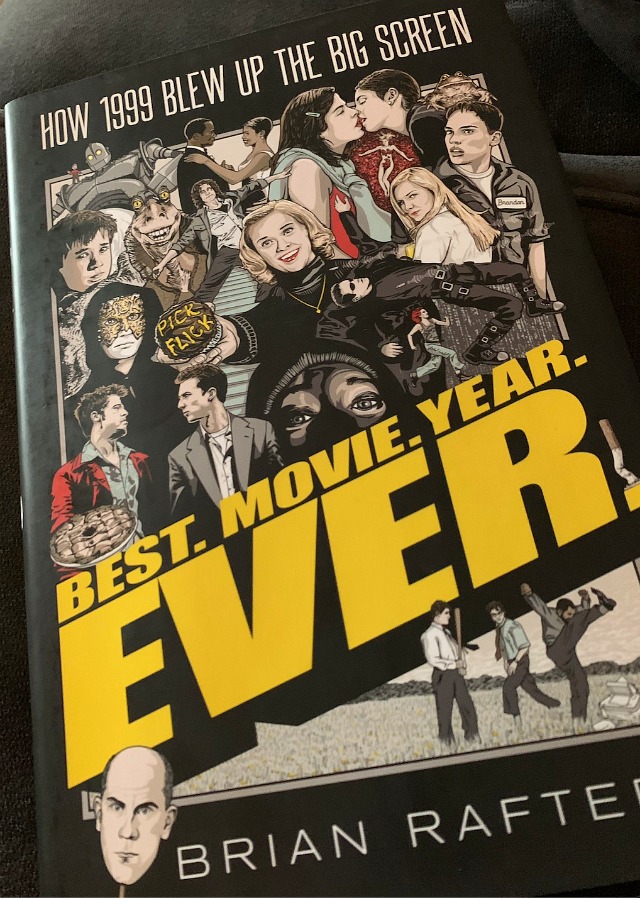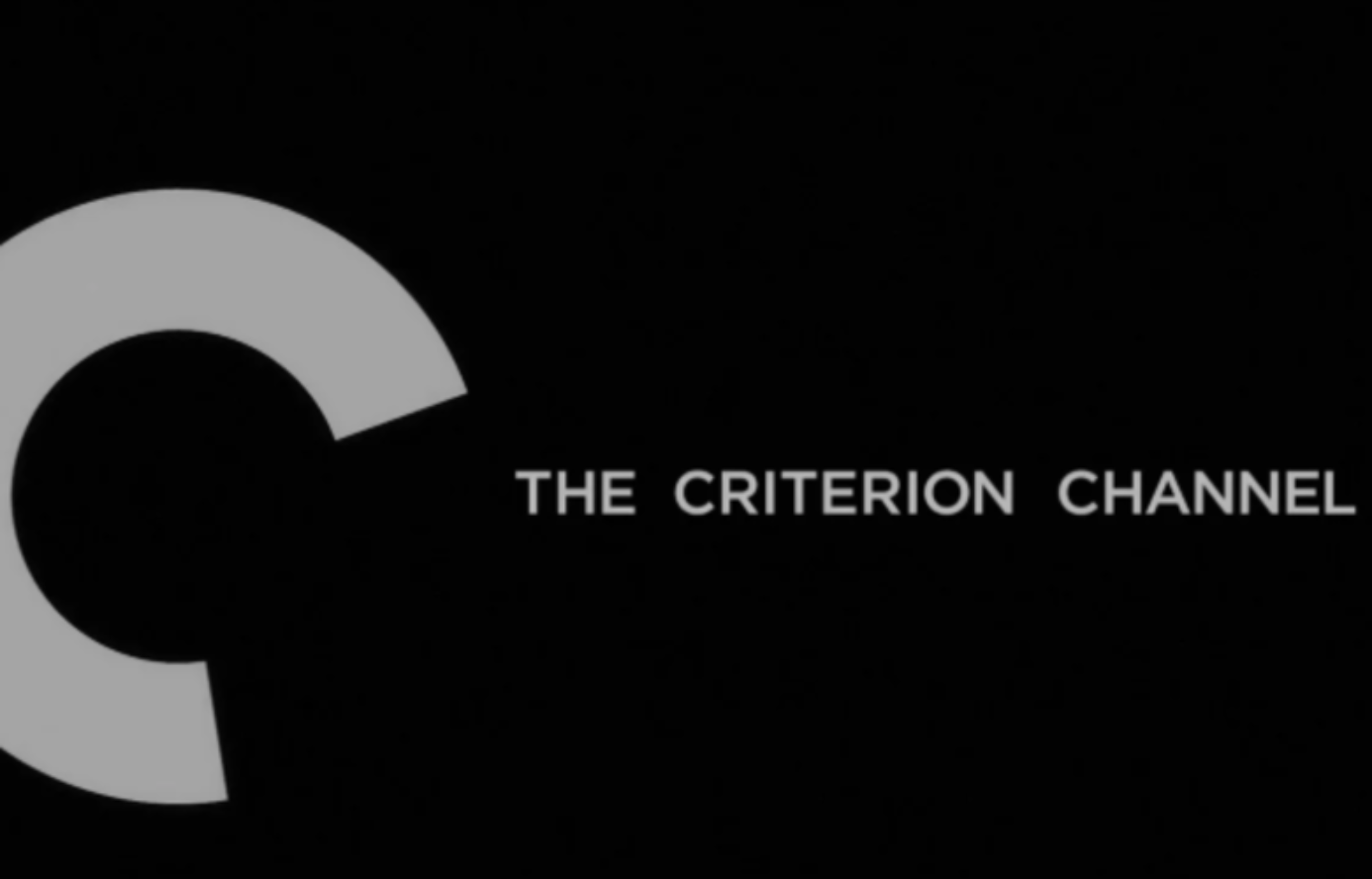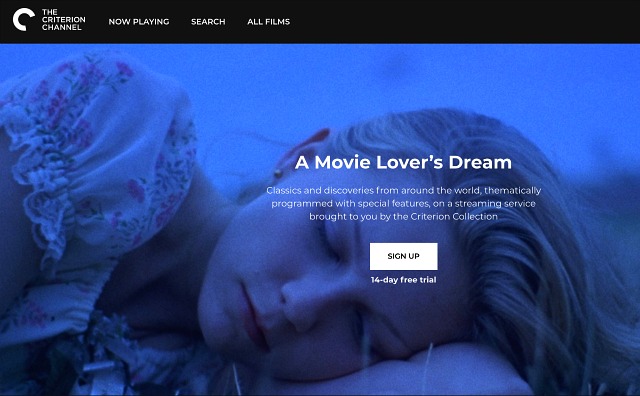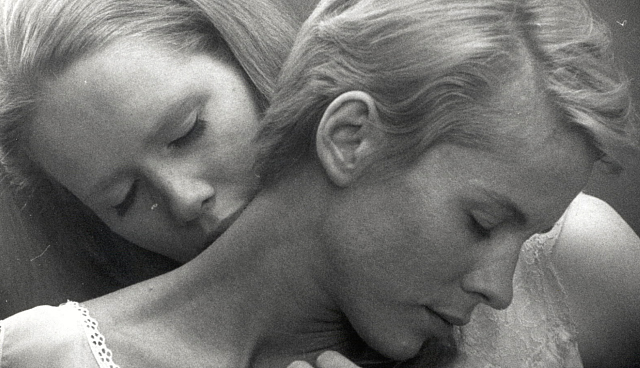Seriously and without checking, the top-of-my-head contenders are Pete Buttigieg, Bernie Sanders, Kamala Harris, Beto O’Rourke, probably Joe Biden, Cory Booker, Elizabeth Warren, Kirsten Gillibrand, Tulsi Gabbard, Amy Mean-To-Her-Subordinates, Julian Castro…that’s all I can think of. Eleven. Wait, John Hickenlooper for twelve!
Okay, now I’m looking it up and finding the names of Andrew Yang, Tim Ryan, Marianne Williamson, Eric Swallwell, Wayne Messam, Seth Moulton, Jay Inslee, Mike Gravel, John Delaney. A total of 21.
Ten months from now only five will be standing: Buttigieg, Sanders, Harris, O’Rourke and Biden. If and when Harris can’t cut the mustard (and I’m only saying she might not prevail), the #TimesUp and #MeToo genderists will freak out and throw around charges of a patriarchal conspiracy.
Biden, I predict, will gaffe himself to death and withdraw after the California primary. Sanders is a total pain in the ass, and his followers are worse…how to get rid of him?
Name the Seven Dwarves without checking: Dopey, Sleazy, Doc, Bashful, Grumpy…I’m stuck.







